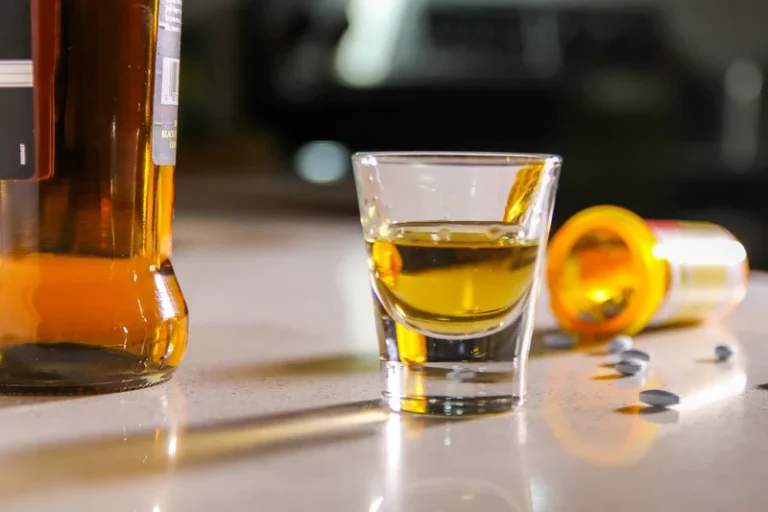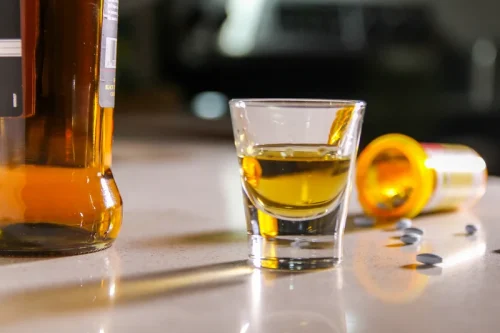
Recognizing and managing both types of triggers is crucial for successful recovery. Internal triggers can lead to overwhelming cravings if not addressed, often causing individuals to seek relief through substance use as a coping mechanism. External triggers can present immediate risks, especially in social settings. To mitigate these effects, individuals can develop personalized strategies, such as avoiding high-risk what is Oxford House situations and employing healthy coping skills like mindfulness and support networks.

Support from United Recovery Project
You can also ask yourself if you have their phone numbers saved or how you can approach interacting with these friends if you run into them. Building a strong support system is crucial for individuals in recovery to avoid relapse triggers. Surrounding oneself with friends, family, or support groups can provide encouragement, accountability, and guidance during challenging times, reducing the likelihood of relapse. Peer support groups, such as Alcoholics Anonymous (AA) or Narcotics Anonymous (NA), offer a sense of community and understanding among individuals facing similar struggles. Relapse is a common concern in addiction recovery, and when both partners in a relationship are struggling with substance use, the risks of relapse can compound.
The 5 Levels of Care in Rehab
Whether it’s a single use (a “slip”) or a full return to old habits, both are considered part of the relapse stage. Some recovery programs reset sobriety dates after a slip; others focus on intent and behavior. In fact, it’s often seen as a learning experience, highlighting weaknesses in a https://ecosoberhouse.com/article/is-alcohol-good-for-you-benefits-and-risks/ treatment plan or areas that need more support. Physical relapse may begin with a “slip”—a one-time use followed by guilt—or it can mark a full return to addictive behaviors. Recognizing that you’re in this stage doesn’t mean you’ve failed.
The Importance of Sleep During Recovery
Events like changing jobs, moving, relationship changes, or financial shifts can destabilize recovery temporarily. Emotions like sadness, anger, loneliness, shame, and boredom frequently trigger relapse. Many people developed patterns of using substances to self-medicate these feelings, creating neural pathways that automatically respond to emotional discomfort with substance cravings. In this article, we’ll help you to understand these triggers and also provide effective strategies on how to manage them for a successful recovery journey. It’s not just negative events that can result in addiction relapse triggers.
Impact of Stress on Recovery
These individuals and groups can provide encouragement, advice, and accountability during the recovery process. Social connections have a profound impact on managing relapse triggers. Healthy relationships can act as buffers against common relapse triggers such as stress, loneliness, and negative emotions. Engaging with supportive individuals can help identify these triggers, allowing for proactive strategies to be employed. Groups like Alcoholics Anonymous offer a platform for sharing experiences, reinforcing commitment to sobriety, and cultivating personal bonds that mitigate feelings of isolation.
- Understanding what emotional relapse is helps break the cycle early.
- Emotions like sadness, anger, loneliness, shame, and boredom frequently trigger relapse.
- Maybe you, then, find yourself thinking about the “good times,” downplaying the consequences, or even imagining how you could use just once and be fine.
This involves connecting with family, friends, support groups, and treatment providers who can provide encouragement, accountability, and guidance during difficult times. Having a support system in place can help individuals feel understood, validated, and less alone on their journey to recovery 7. Emotional triggers are internal factors that can lead to relapse. These triggers are often linked to stress, anxiety, depression, or other emotional states. Negative emotions can undermine recovery efforts and increase the risk of turning to substances for relief.
Important Facts You Should Know About An Alcohol Rehab Center
- Without other people around, it’s easier to talk yourself into drug or alcohol use and rationalize it.
- Comprehensive programs provide the tools needed to handle internal and external triggers effectively 23.
- If you use substances after a period of recovery, your immediate response significantly impacts what happens next.
- Therapy may focus on identifying high-risk situations and learning ways to avoid them.
- Emotional triggers are internal factors that can lead to relapse.
HALT can lead to stress, as can a types of relapse triggers thousand other circumstances that will differ for each individual. Losing a job or loved one, increased responsibility at home or work, and health problems can all create increased stress. The key here is being proactive about stress prevention and being mindful (and honest) about what causes stress for you. The dual diagnosis treatment at 12 South Recovery specifically addresses this connection between mental health and addiction, treating both conditions simultaneously for better outcomes. Group therapy sessions at 12 South Recovery help clients develop these social skills while building connections with others who understand recovery challenges. Social factors influence recovery in two opposing but equally dangerous ways.

Master Refusal Skills to Stay Sober

The important thing is to recognize situations that cause stress and prepare strategies to mitigate it. Either way, it’s important to know your limits and avoid unnecessary exposure when you’re still rebuilding. Being around the people you used with, visiting places tied to substance use, or slipping back into old routines can trigger cravings even if you’re committed to staying sober. Being familiar with cravings and the cues that precede, or trigger cravings, can empower you to take action to prevent relapse. Reaching out for help at this time can help you prevent a relapse. Various treatment options are available and can help you get the support you need.